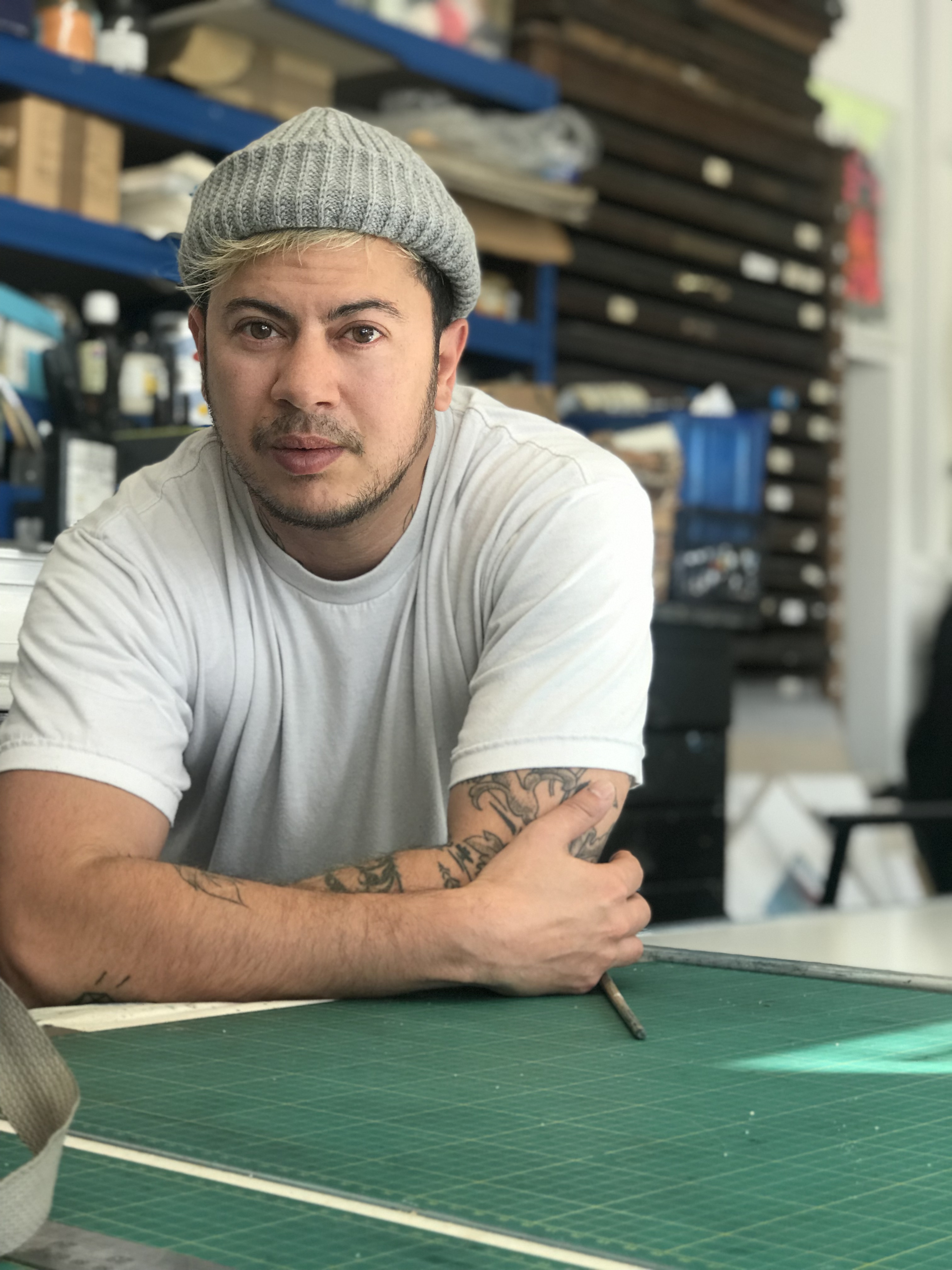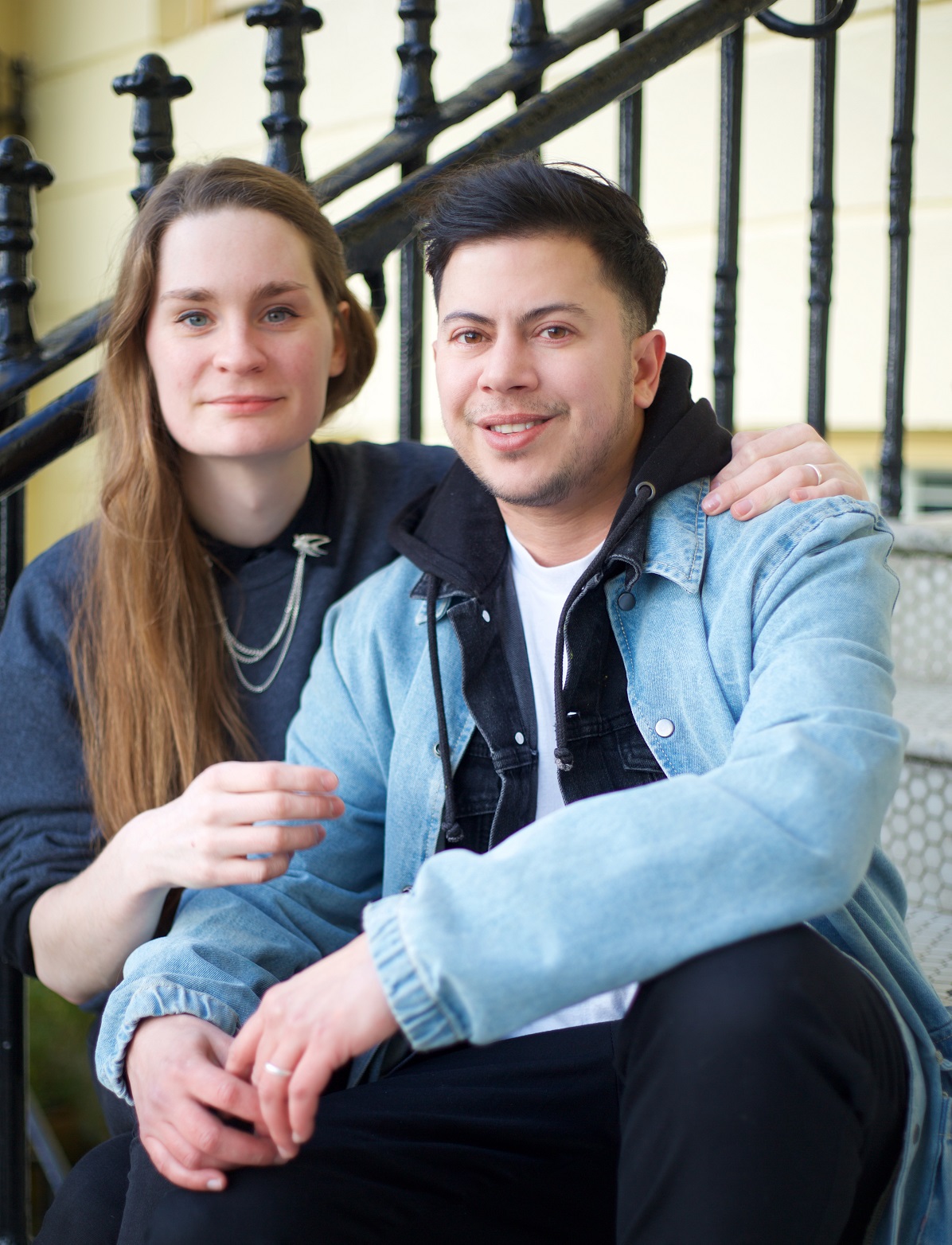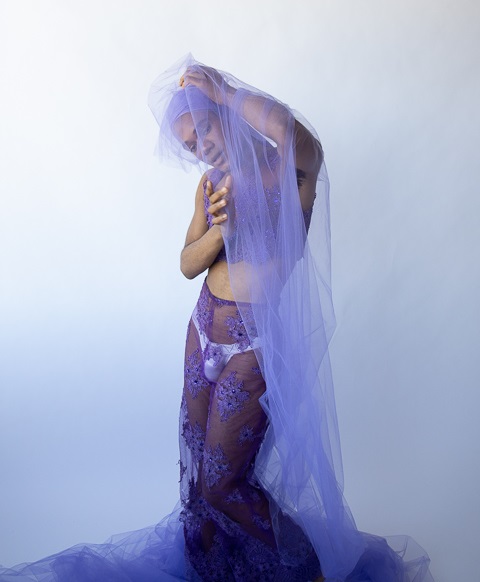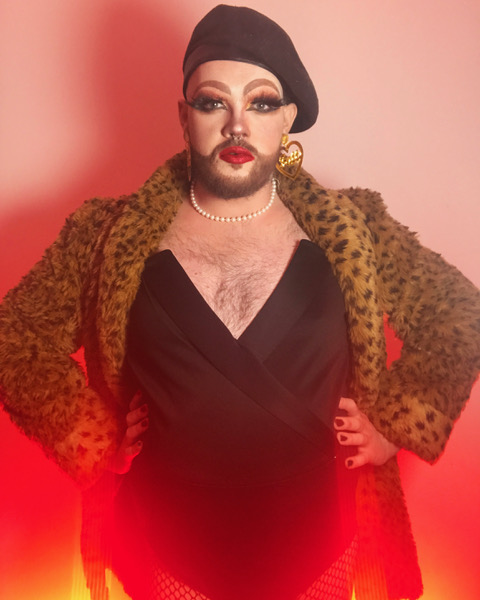‘Non-binary lives have plenty to teach us about our LGBTQ community’
Attitude speaks to three LGBTQ activists about how being non-binary makes their lives and communities more legible.
By Will Stroude
Words: Jack Doyle
Non-binary is still a new word, but it’s got revolutionary potential.
That’s because being non-binary – neither male nor female – isn’t a new phenomenon. The way that we speak about it today is, though, and that’s shaking up how we think about gender and sexuality in powerful ways. But what does it mean to be non-binary in a rapidly changing LGBTQ community?
Fox Fisher is an experienced trans campaigner and artist who’s seen the term ‘non-binary’ push its way into the mainstream. The word replaced older words like genderqueer, and today is often used alongside both trans and gender non-conforming identities like ‘transfeminine’ or ‘butch’.
As understandings of gender and sexuality became more sophisticated, Fisher explains, it became easier to be a non-binary person in the public eye.
“It’s only really in the past five years that the [mainstream] conversation has expanded to non-binary issues,” Fisher says.

Fox Fisher
“So when I first came out and was accessing medical treatment, I simplified my experience and said the usual tropes like ‘I should have been born a boy’ or that I was ‘born in the wrong body’.
“I spent so long trying to fit into this world, and it’s a relief to no longer feel like I have to. Non-binary people shouldn’t have to simplify their identity or existence for anyone.”
Of course, they add, that doesn’t stop people from trying.
Non-binary identities – and especially gender-neutral pronouns like singular they, which was added to the Merriam-Webster dictionary last year – are often specific targets of transphobic and homophobic harassment.
Fisher and their partner Ugla Stefanía Kristjönudóttir Jónsdóttir, a journalist, have often been on the receiving end of this as public figures in a uniquely anti-trans British media scene.

Fox Fisher and their partner Ugla Stefanía Kristjönudóttir Jónsdóttir (Image: Sharon Kilgannon)
Last September, Piers Morgan sneered on Good Morning Britain that he identified as a ‘two-spirit penguin’ – mocking the term for third-gender and gender-nonconforming people in some Native American cultures. Father Ted writer Graham Linehan frequently targeted non-binary people explicitly before his recent Twitter ban for anti-trans speech.
Hang-ups on pronouns and the dismissal of non-binary people as a new fad mirrors how tabloids responded to greater gay cultural visibility in the 1970s and 1980s. They also deliberately downplay the dangers that come with being visibly gender-nonconforming.
“I constantly feel as though I have to shape-shift and code-switch as a means to survive,” says Ashton Muñiz, a non-binary New York-based actor.
“I’ve become exhausted from fearing for my life when I walk outside, whether that pertains to race, gender identity, or gender expression.”
But stepping between queer performance spaces and day-to-day work as someone with a complex relationship to gender is absolutely liberatory, Muñiz insists.

Ashton Muñiz
“There is a power and liberation that comes with standing firmly in who you are, once you’re able to express that for yourself, and then working towards creating equitable spaces for all disenfranchised folks – especially Black trans and queer people,” they explain.
Actively thinking about – and deconstructing – the gender binary can be political and personal. For performer Adam Carver, who developed Birmingham’s Shout Festival into the UK’s largest festival of queer culture, exploring their non-binary identity was a way of growing into their own queerness.
“Realising I was non-binary wasn’t a process of discovering myself, but of remembering myself,” Carver says.
“It was about connecting to an authentic part of myself that I’d felt distanced from for a long time.”
In a world where, as Fox Fisher demonstrates, transition narratives can easily replicate the gender binary, it was hard for Carver to disentangle their complicated relationship with their body from the idea that if they weren’t a man, they had to be a woman.

Adam Carver
But being non-binary left room for the celebration of gender non-conformity that has always been a hallmark of LGBTQ lives.
These days, Carver finds gender euphoria in drag. They perform as Fatt Butcher, ‘self-appointed queen of the sausage roll’.
“It’s a format that gives me agency over my body and proudly asserts my dissonance,” Carver says.
“It’s hairy chest, fat rolls, bald head, tiny leotard, pearls, furs, lips, lashes, and a beard. I’m presenting a more visible version of myself – and looking like 220lbs of STUNNING at the same time.”
